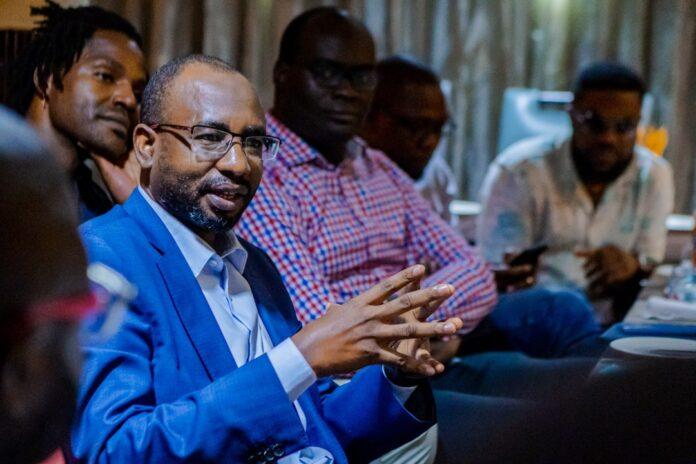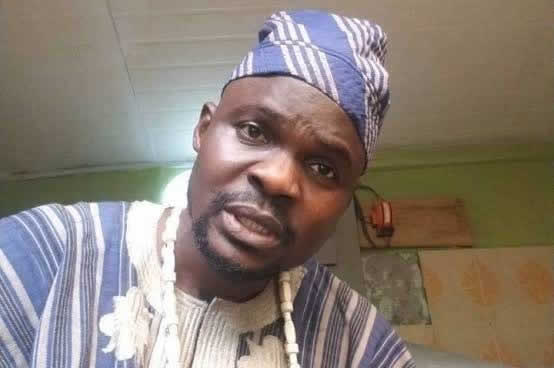
The National Information Technology Development Agency (NITDA) and Deutsche Gesellschaft für Internationale Zusammenarbeit (GIZ) just hosted an engaging event that might be just what you’re looking for.
The “Digital Policy Dialogue: Cooperate. Innovate” is designed to put citizens at the heart of policy-making.
*Why Should You Care About Digital Policy?*
Imagine a Nigeria where your voice directly influences digital policies. This event, hosted in collaboration with the Digital Transformation Center (DTC) Nigeria, isn’t just another conference.
It’s a movement aimed at bridging the gap between you and the policymakers. Director General of NITDA, Kashifu Inuwa CCIE, highlighted, “This framework focuses on involving citizens in policy development and implementation, promoting ownership and accountability.”
*The Shift Towards Inclusivity*
Five years ago, NITDA faced a trust deficit with the tech community due to top-down policy impositions. But things have changed.
NITDA now emphasizes co-design and co-creation. This collaborative approach means your input is not just welcomed but essential.
Inuwa expressed gratitude to GIZ for their support, which began with the Nigerian Startup Act. This act was a product of collaboration, setting a precedent for future initiatives like the National Digital Literacy Framework (NDLF).
*How Does This Affect You?*
You might wonder, “How does this impact my daily life?” Well, it’s all about digital literacy and skills. NITDA is collaborating with the National Youth Service Corps (NYSC) to train citizens across 774 local governments.
Plus, they’re working with the Ministry of Education to integrate digital skills into the national curriculum by next year.
These efforts aim to achieve 95% digital literacy by 2030 and 70% by 2027.
*A Broader Impact*
This isn’t just about digital skills. It’s about creating a sustainable future.
Inuwa highlighted that the engagement aligns with NITDA’s Strategic Roadmap and Action Plan (SRAP 2.0).
One of its eight pillars is “Strengthening Policy Implementation and Legal Framework.”
Therefore, GIZ and DTC are formalizing a participatory policy implementation framework. This framework can be adapted beyond the digital sector to benefit education, agriculture, and healthcare.
*The Power of Collaboration*
In his keynote address, Engineer Faruk Yusuf Yabo, Permanent Secretary of the Ministry of Communications, Innovations, and Digital Economy, detailed the PPIF’s goals.
He said, “The proposed framework introduces several key initiatives: establishing multi-channel stakeholder engagement, promoting collaborative decision-making through digital platforms, ensuring transparency and accountability, investing in capacity building, and implementing robust monitoring and evaluation mechanisms.”
Therefore, this approach is designed to foster a participatory policy-making process, ensuring that technological advancements benefit everyone.
*Voices That Matter*
The event was a testament to the power of collective effort. Dr. Markus Wauschkuhn, Coordinator of the Sustainable Economic Development Cluster (SEDEC) GIZ Nigeria, welcomed participants and emphasized the importance of diverse voices in policy-making.
Dr. Thwueba Dwani, Head of Digital Transformation Center (DTC) Nigeria, introduced the PPIF as a crucial tool for Nigeria’s digital innovation ecosystem.
She noted, “Involving stakeholders in policy implementation enhances sustainability and relevance, as evidenced by numerous studies.”
The “Digital Policy Dialogue” isn’t just an event; it’s a call to action.
It’s an invitation for you to step up and make your voice heard.




























